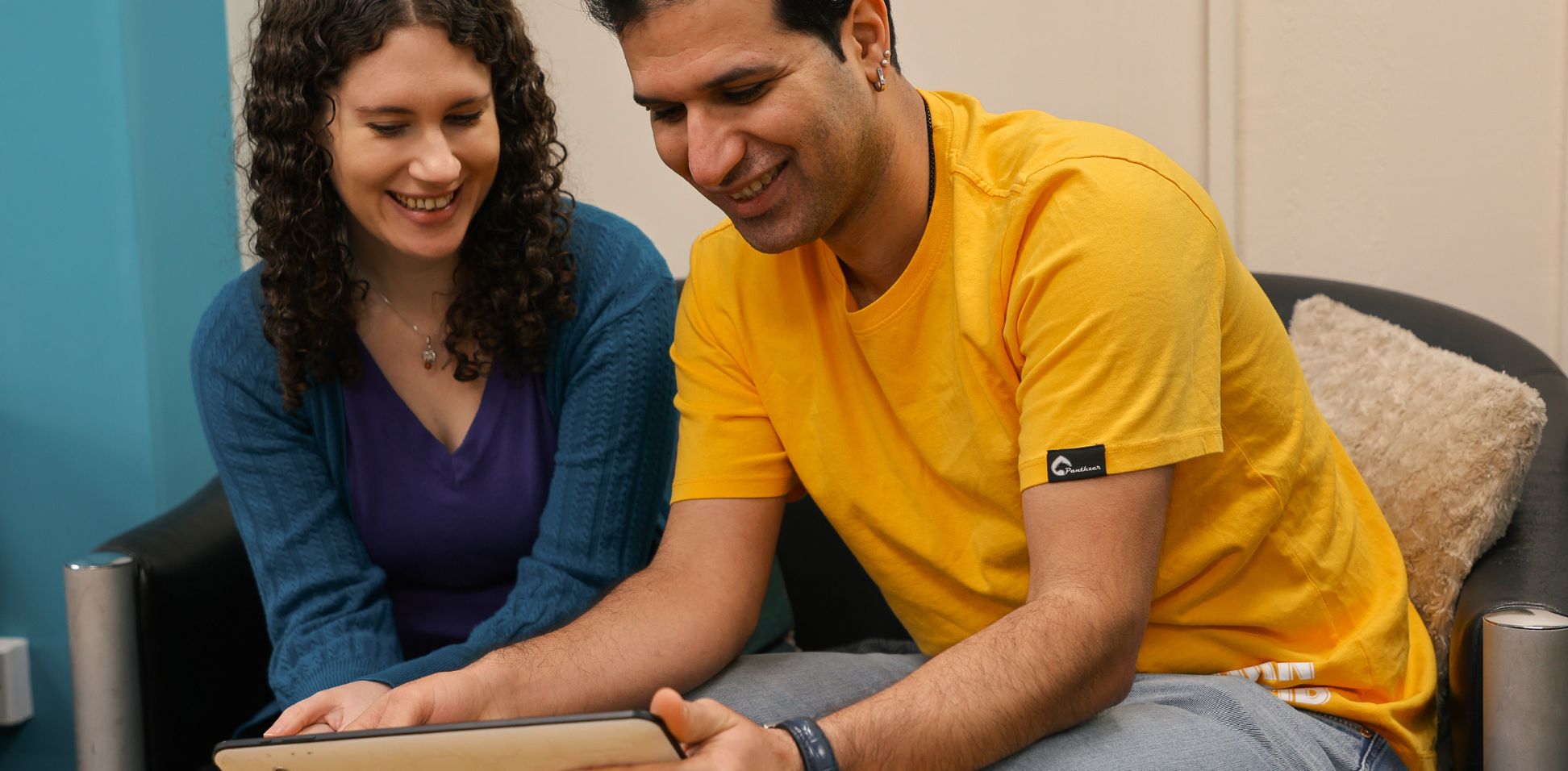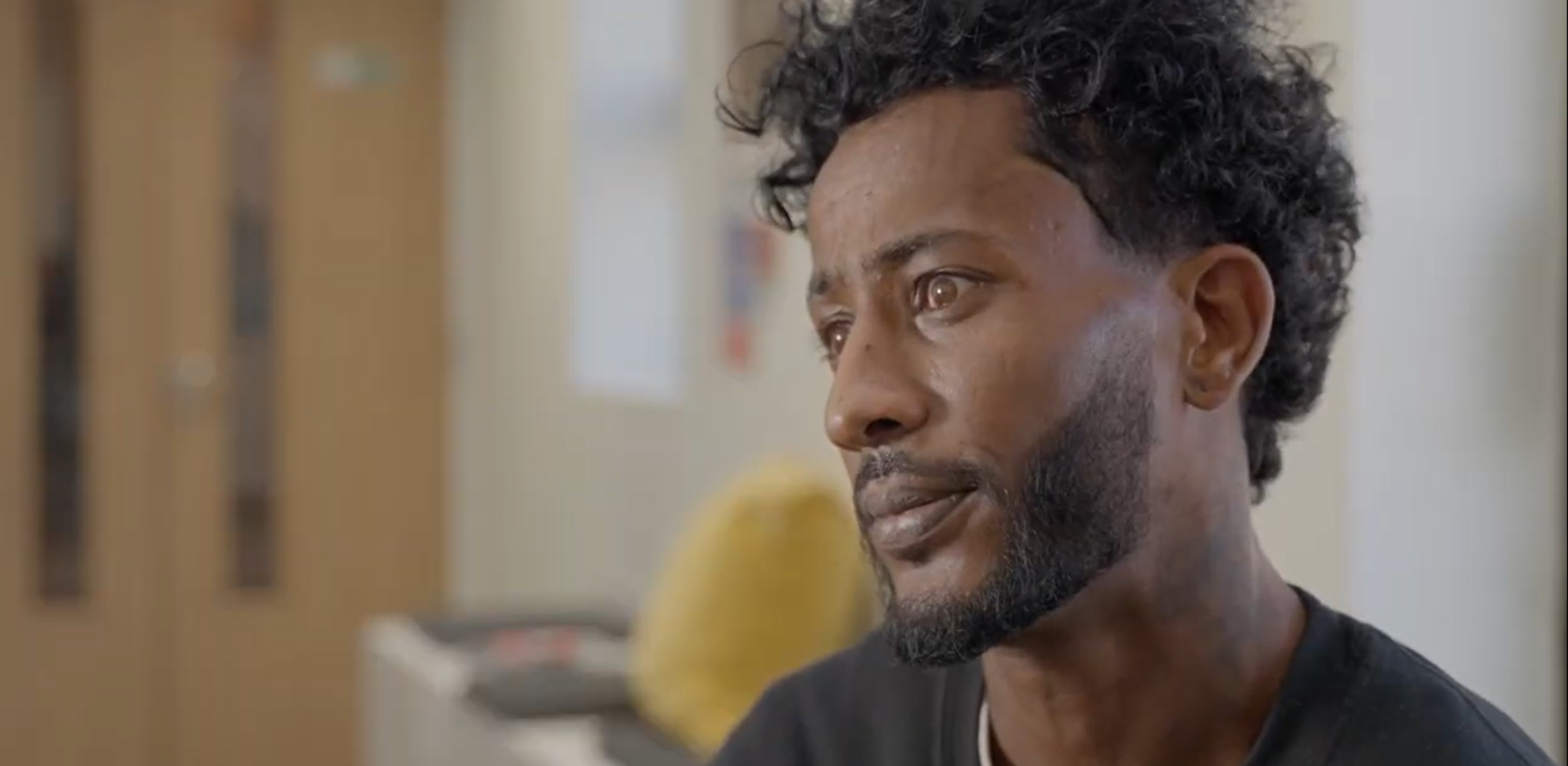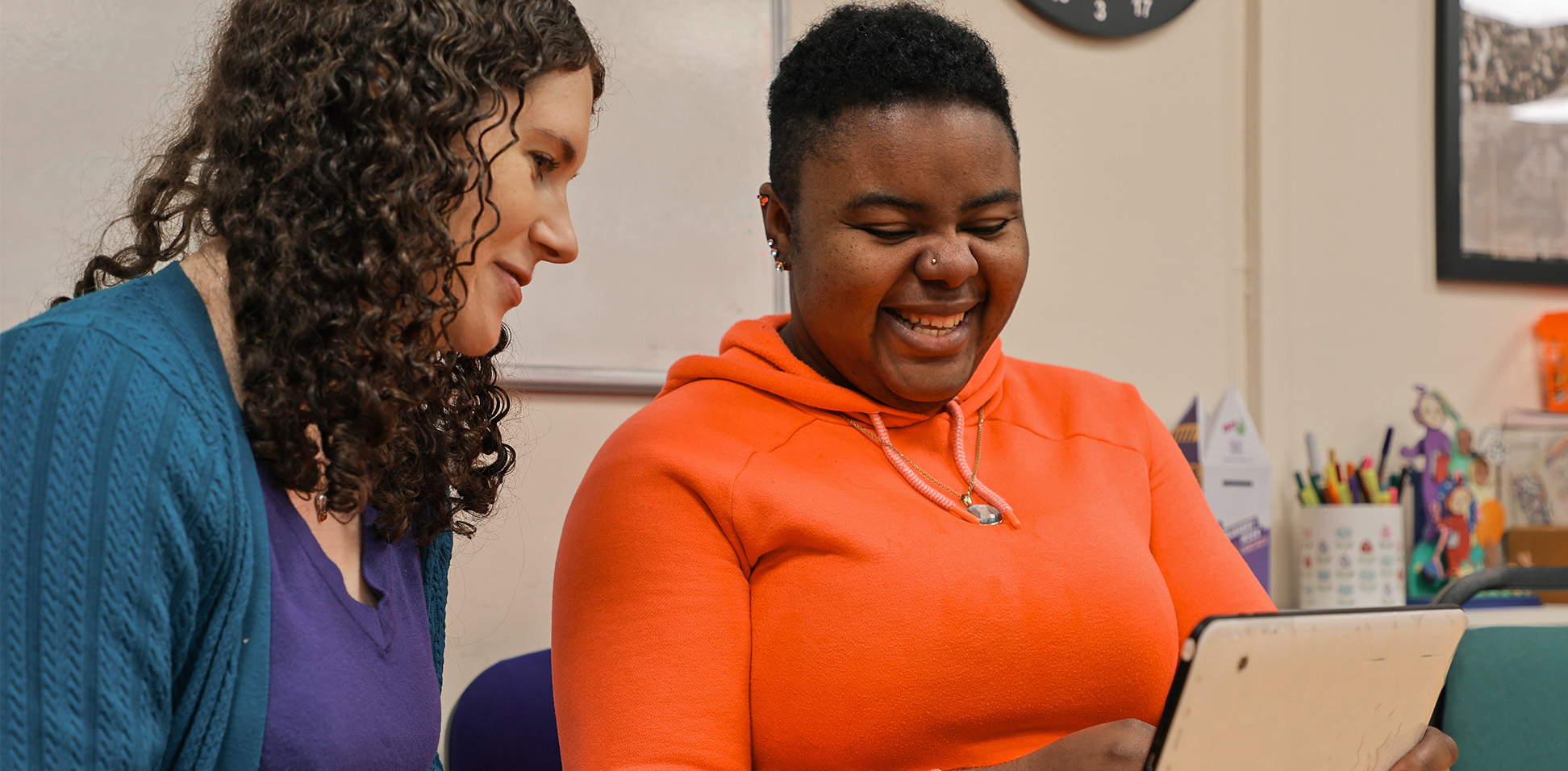Milestones and momentum: Scaling the National Device Bank
Partnerships and Fundraising Manager, Natasha Early, explores the milestones and momentum of the National Device Bank in the last quarter.
We just shared the latest quarterly impact report with National Device Bank partners and what a quarter it was!
Between April and June 2025 16 organisations contributed their tech, including 7 brand new partners. Thank you to BT Group, Cellnex, LHC Procurement Group, Telent Technology Services, Tenancy Deposit Scheme, Nokia UK Limited and Stadler Rail Services for joining the National Device Bank. We also celebrated National Grid PLC refreshing their agreement with us and making their first group level contribution.
While it’s so good to welcome these new organisations the demand for devices consistently outstrips supply. We urgently need many more to step up and embed reuse for social good into their IT asset management processes.
Introducing the IT Reuse for Good Charter
We’re hopeful that the newly launched IT Reuse for Good Charter - co-developed by the Department of Science, Innovation and Technology, VodafoneThree, Deloitte and Good Things Foundation - will instil confidence and encourage organisations to seriously consider reuse before recycling when it comes to their disused tech.
This peer-reviewed Charter was shaped by an expert advisory group including:
Currys, Essex County Council, Google, Green Alliance, HSBC, Liverpool City Region Combined Authority, Material Focus, National Grid, Reconome, Scottish Government, University of Liverpool and Virgin Media O2.
The charter sets a new standard for responsible, sustainable IT asset management in the UK. It aims to add to, not replace, existing IT asset disposal processes by creating positive social and environmental impact.
The Charter reflects the government’s commitment to:
- increasing the number of quality devices given to people who need them
- promoting a more circular approach to using devices
- embedding a ‘re-use first’ approach as a standard practice in asset management.
The IT Reuse for Good Playbook
To support the launch of the Charter, the University of Liverpool worked together with Good Things Foundation and a wide range of contributors from the advisory group to produce an IT Reuse for Good Playbook.
The playbook helps you to think about how your business or organisation can implement an IT reuse programme that promotes both circularity and digital inclusion. Answering critical questions around data security, acceptable equipment, routes for distributing devices for reuse and good practice reporting, the playbook is designed to help explore barriers and enablers to making IT assets available for reuse.
Why growing the National Device Bank matters
But why is this so important? In July 2025 we launched our updated annual Digital Nation Infographic and this showed a startling increase in the number of adults that don’t have a smartphone, tablet or laptop, up from 1.5 million in 2024 to 1.6 million in 2025. This increase is reflected in the consistent high demand from our National Digital Inclusion Network who tell us that a lack of suitable devices is a barrier to delivering digital inclusion support in their communities.
And we know what a powerful impact receiving a device can have - reducing isolation, improving job prospects and enabling people to manage their health and finances online. When combined with connectivity from the National Databank and confidence-building skills support from their local community organisation in the National Digital Inclusion Network, people truly begin to thrive.
People like Lindsey.
Before receiving a device, she relied on paper - which took her "so long."
With her new laptop from the National Device Bank, Lindsey has been able to complete tasks more efficiently.
So, as we enter a new quarter in the scaling of the National Device Bank it feels like a good moment to acknowledge the 80+ organisations that have led the way in contributing over 85,768 assets, collectively diverting 128,516 Kgs of e-waste from premature recycling or landfill and enabling us to give over 20,000 people a free device. Thank you!


